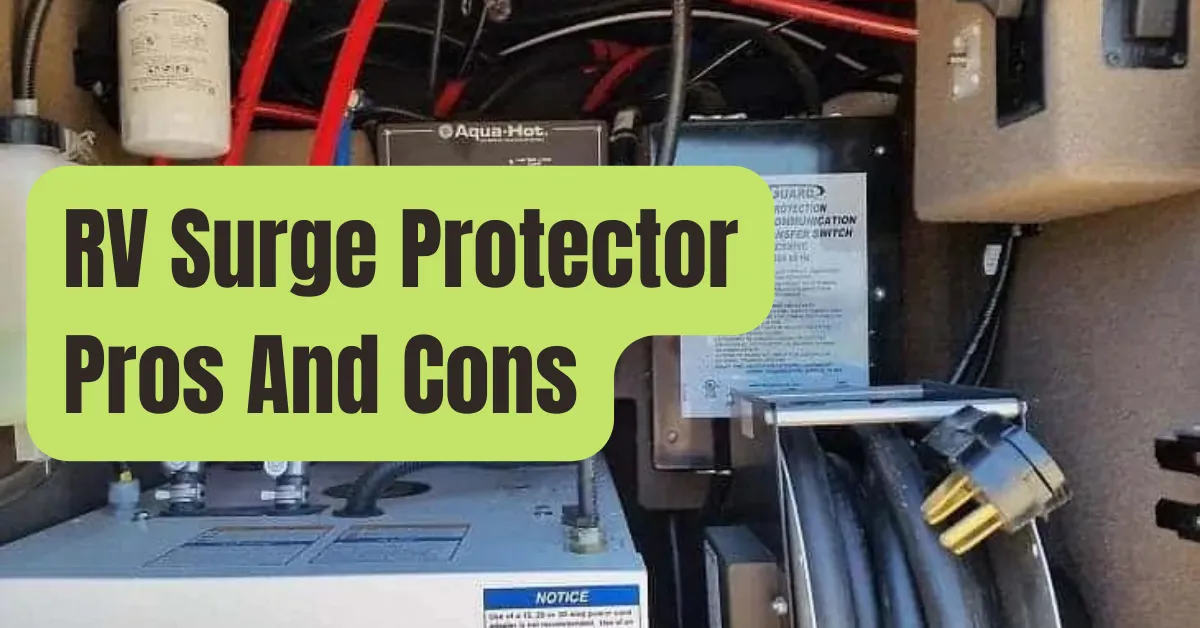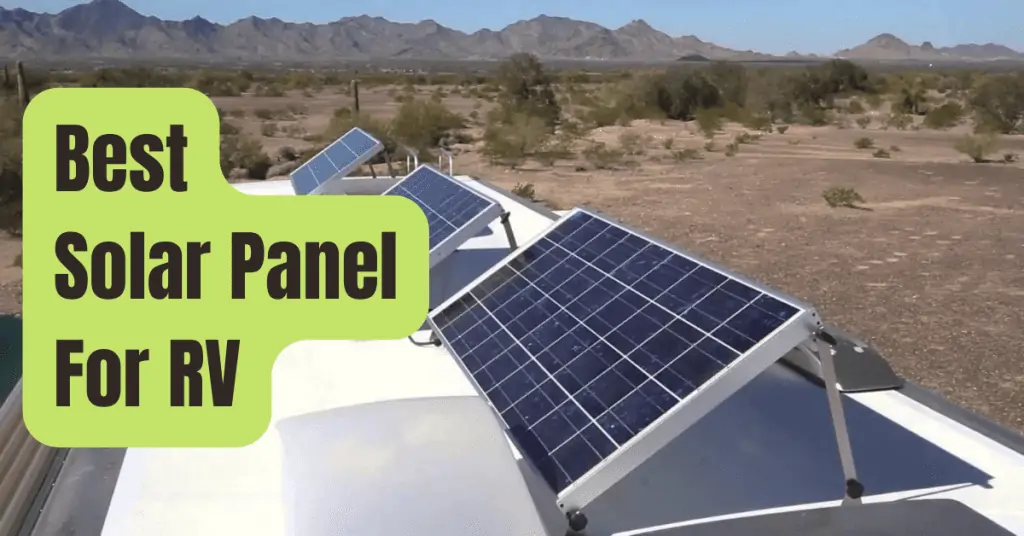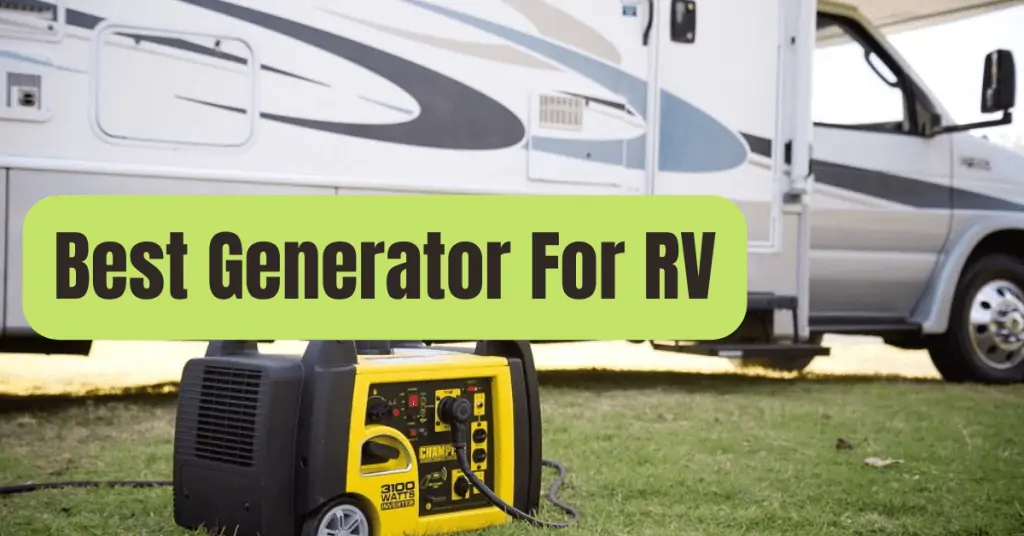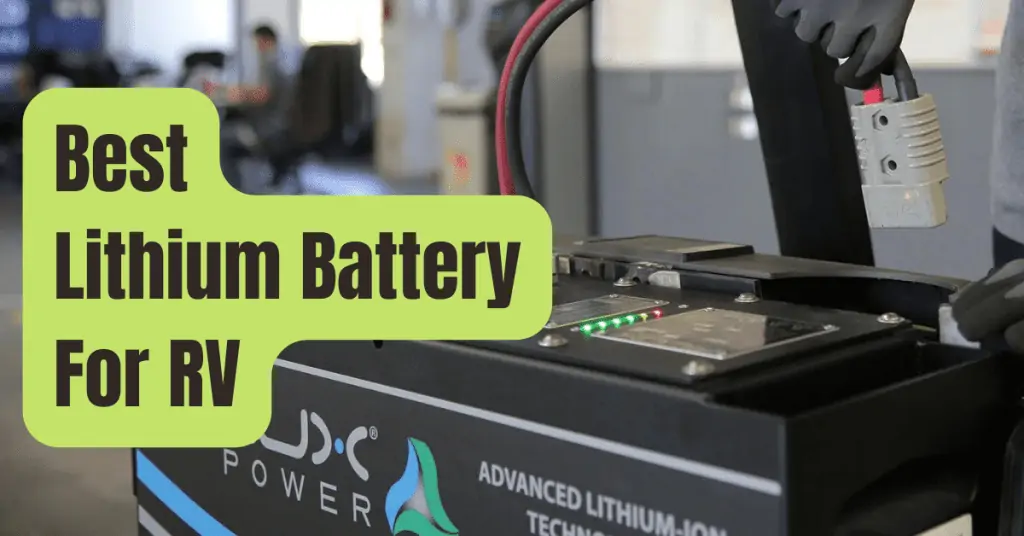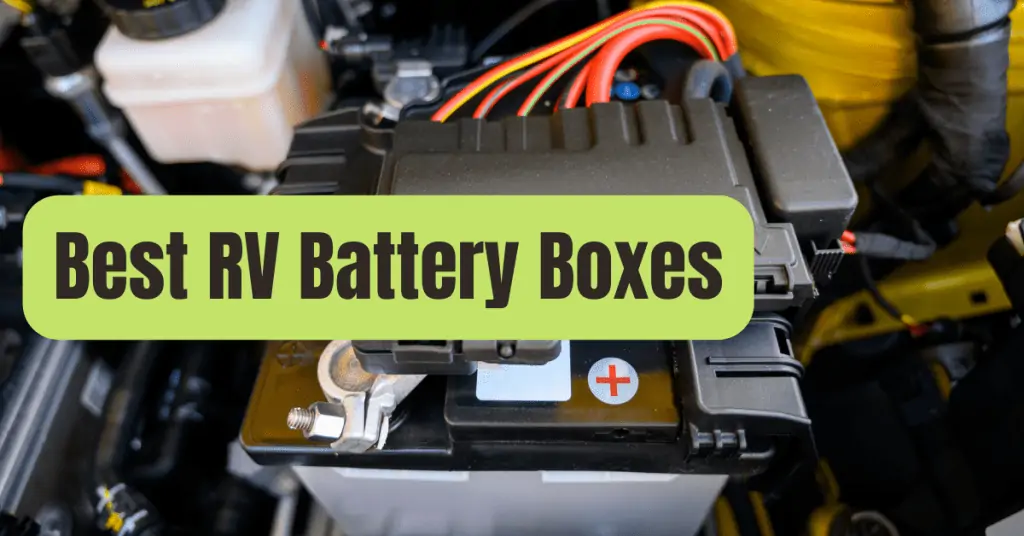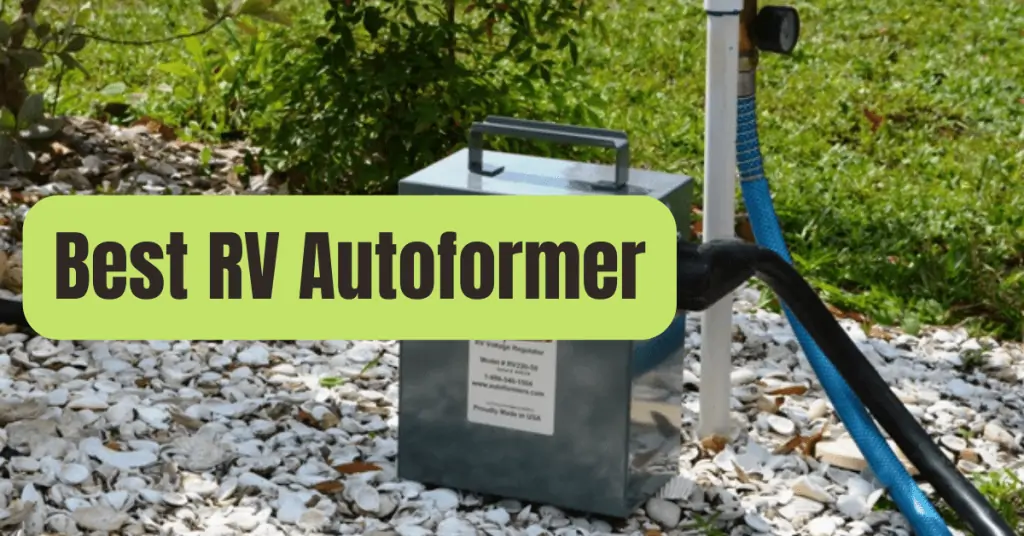While camping in an RV is enjoyable, leaving your onboard devices, entertainment, and appliances behind is not thrilling.
The right surge protector for your RV can shield your electronics from difficulties with electricity that might harm the power system as well as power surges, high or low voltages, and other electrical hazards.
RV Surge Protector Types
Surge protectors come in many varieties, and they may be roughly divided into portable and hardwired systems for your recreational vehicle.
- You may transport it from one RV to another using a portable system. If you rent RVs rather than own them, this is very helpful. However, this technique has a drawback in that it is very easy to lose or have stolen.
- A system that is connected into an RV and effectively becomes a component of the RV is referred to as an ems or hardwired RV surge protector. As a result, you won’t need to worry about it becoming stolen or lost. It may also be utilized in a variety of weather situations.
It is quite difficult to predict what voltage problems a campsite could have, which is one of the biggest advantages of employing a surge protector.
While it is simple to identify an overvoltage problem, it might be challenging to identify an undervoltage one.
A portable surge protector may be connected to many pedestals across a campsite to identify ones that are trouble-free in situations like these.
You won’t have to continually moving the RV about in search of a pedestal that is the right height, which may save you time.
It’s also crucial to be aware that there are many types of RV surge protectors that correlate to the power capacities of an RV.
This implies that you can have both a 30 amp and a 50 amp surge protector.
Make sure you are aware of your RV’s power rating before you buy a surge protector for it.
An RV surge protector provides advantages beyond only assisting in shielding your devices and appliances against electrical surges and spikes.
Though it does have certain disadvantages, it is crucial to consider them all before determining whether or not a surge protector is necessary for your RV.
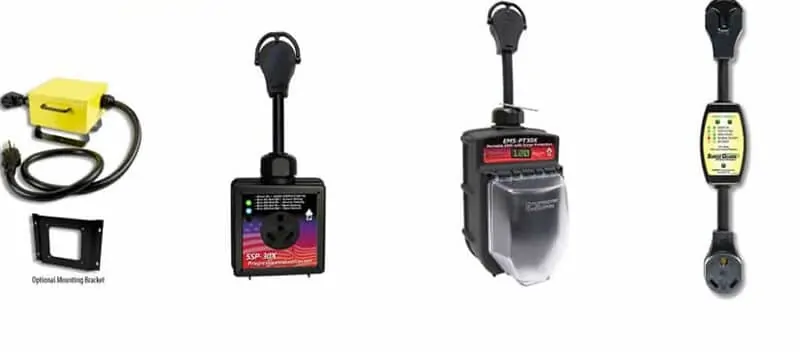
Benefits of RV Surge Protectors
Here are some additional advantages of utilizing a surge protector, in addition to protecting your device and electrical equipment from damage and assisting you in identifying any problems a shore power supply connection may have:
- Electrical flows may be regulated using a surge protector.
- It makes the electrical systems in your RV safer.
- It might assist you in identifying weak connections. It’s crucial to realize that errors might happen even in campgrounds that do their best to do everything right since there is no such thing as a flawless one.
- Therefore, you should take extra care by examining the outlet before connecting your RV to it rather than assuming that it is secure. Your camping vacation will be safe and enjoyable if you do this.
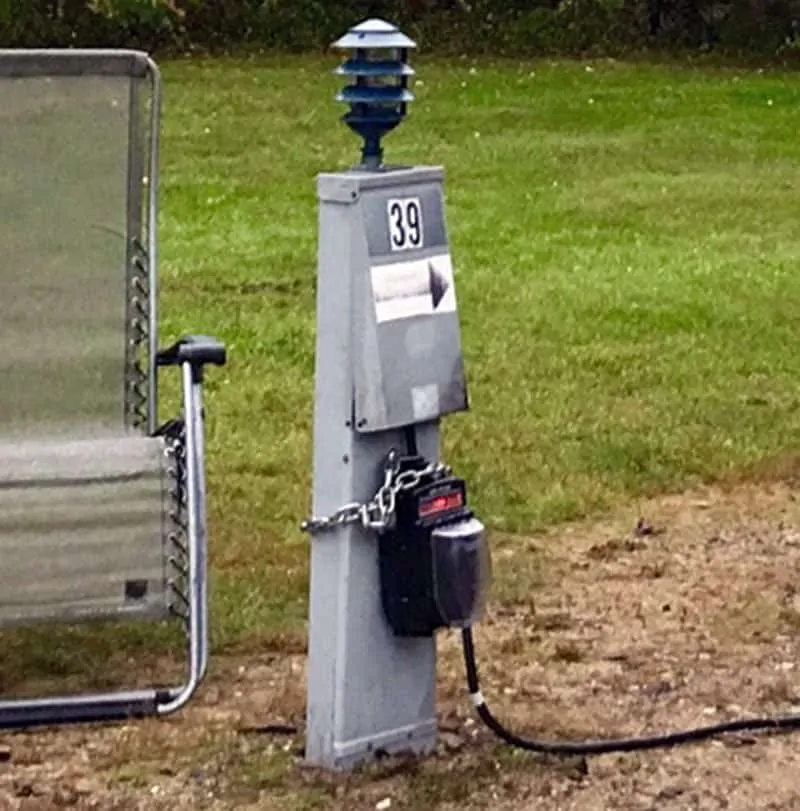
#1. Control Of Electrical Flow
An RV surge protector’s job is to stop all surges, whether they are big or mild.
Additionally, it may mediate, watch over, and buffer the electricity flow between the electrical system of your RV and camp outlets.
This makes sure that harmful power problems are avoided.
Surge protectors for RVs are typically only rated for 140 Volts and are made in America.
This implies that the RV surge protector blocks out electricity that is greater or lower than 140 from any source, protecting your electrical equipment.
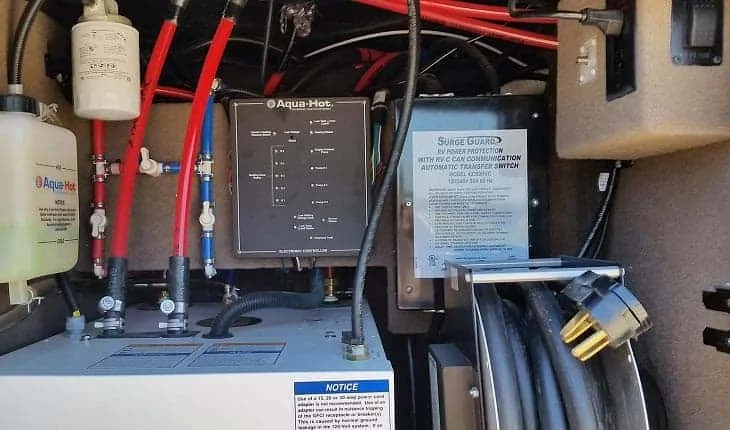
#2. Difficulties With RV Safety
Although it may not seem like it, when you are camping in your RV, there are a few electrically connected hazards with you.
They include the potential for electrical shocks, fires, and, of course, other power-related problems.
It is simple to overlook them while thinking about the general safety of RVs, yet they do occur.
By preventing situations like power surges, undervoltage, and electrical instability brought on by blackouts, an RV surge protector may help reduce the risk of these dangers.
When you are in a lightning storm, it is possible—though very unlikely—for electricity to travel through cables.
The electrical systems or the appliances in your RV may be harmed as a result.
You may argue that because this is an uncommon event, an RV surge protector is not necessary, but unregulated power can become a problem.
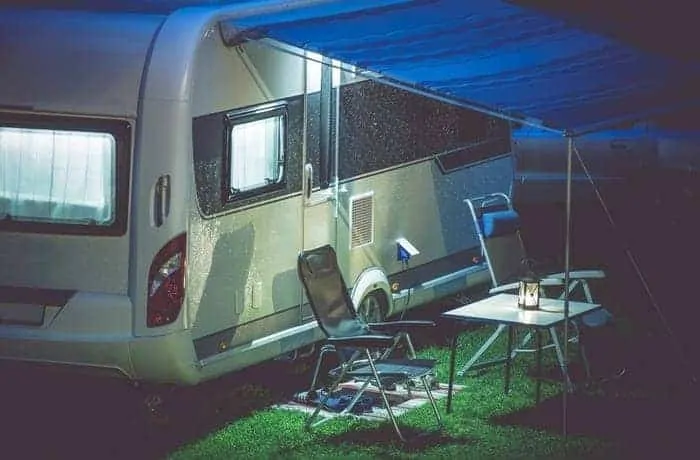
#3. It Provides Defense Against Defective Wiring.
These surge protectors often have LED indications, while some pricier models include screens that show you if a connection is bad.
You will get a warning if you try to connect your RV to an outlet that is damaged or uncontrolled.
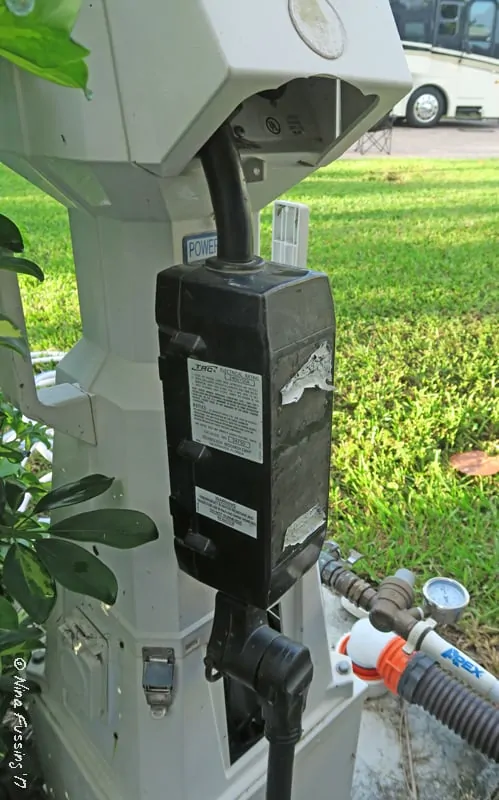
#4. Drawbacks of RV Surge Protectors
Although it is easy to get carried away by the benefits, you should also take into account the drawbacks using an RV surge protector.
However, this does not negate the need for a surge protector for your RV.
The following are some downsides of utilizing an RV surge protector:
- The price to buy it might be rather high. It makes perfect sense to pay money to have proper security for your RV and the electronics in it given that you want to safeguard something important.
- You risk having your surge protector taken. Although it could look like a job, this does occur. Some individuals in our world prefer to steal RV surge protectors rather purchasing their own, and they go around RV parks hunting for them.
- But you shouldn’t let this setback deter you. Simply make sure your surge protector is hard to take, and if it is, have a backup surge protector on hand to assist offset the loss.
- RV surge protectors need to be replaced since they do not endure for very long. Even while this can first appear bad, it can really be good. When an RV surge protector fails, it has served its purpose by absorbing any overvoltages and low voltages that may have otherwise reached your equipment.
- Because they constantly absorb hazardous voltages, RV surge protectors often don’t survive very long. Nevertheless, an RV surge protector’s lifetime tends to differ from one model to another.
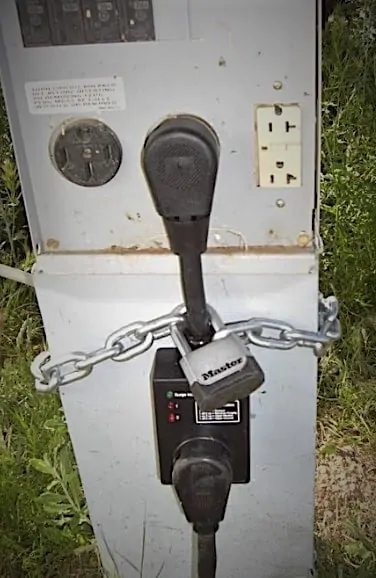
Watch Your Amps.
Choosing the right surge protector is crucial when buying one for your recreational vehicle.
Never purchase a surge protector that is unsuitable with your RV since doing so might allow the RV to get the incorrect amp of electricity.
This implies that you should avoid putting a surge protector with a 50 amp rating on an RV with a 30 amp rating.
Additionally, you should never use a 30 amp RV surge protector on a 50 amp RV.
Such behavior might harm your RV’s electrical systems.
The best course of action is to be extra cautious.
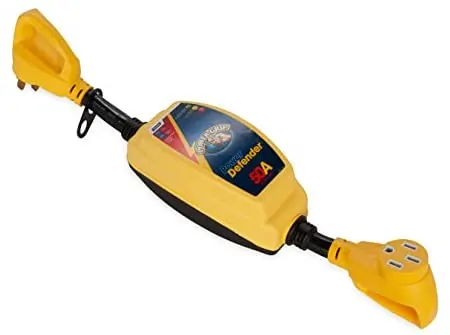
Conclusion
It is simple to question if an RV surge protector is really necessary.
It could be tempting to simply skip the extra security and spend less money.
Do you, however, want to see firsthand the reports you hear of people wrecking their systems at a campsite that is meant to be developed?
Consider it this way: Would you wish to bide your time by waiting until you really suffer substantial damage to both the electrical system of your RV and your appliances and gadgets? That actually lowers the price of surge protectors, if you think about it.
It makes perfect sense to buy a surge protector for your RV when you consider how much your appliances and gadgets cost compared to the apparently little cost of one.
This ostensibly little investment in electrical and appliance safety will guarantee that your camping adventures are always enjoyable.
Never fear overvoltage or other types of electrical surges causing harm to your gadgets or RV.
No matter whether you buy or rent an RV, you should give surge protection for your RV careful consideration.

